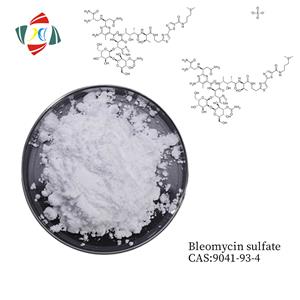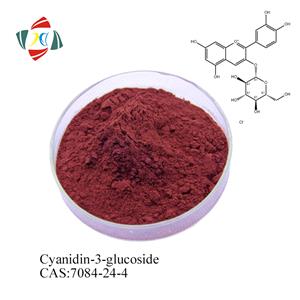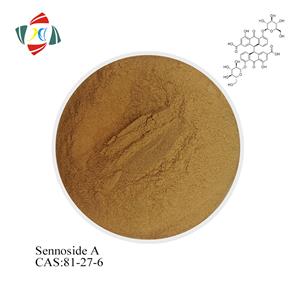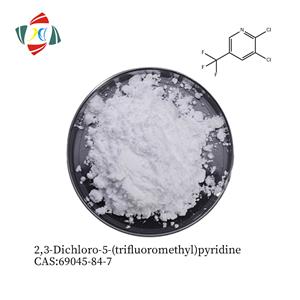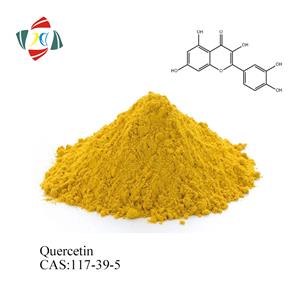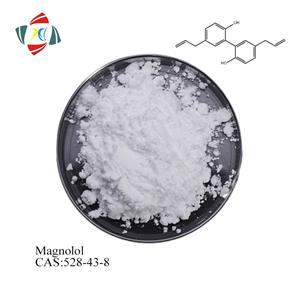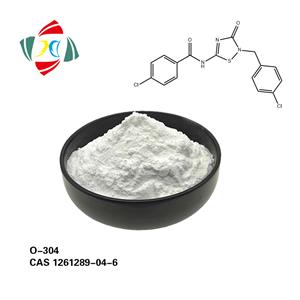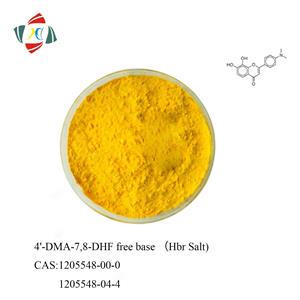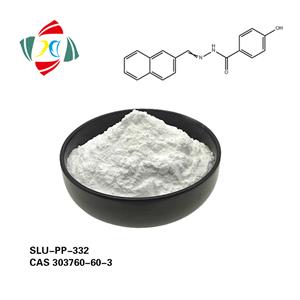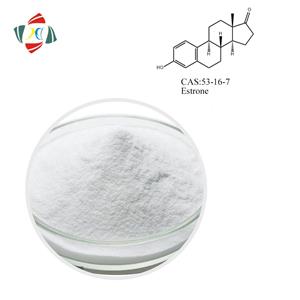oem odm
-
Ivermectin CAS 70288-86-7
Ivermectin is an antiparasitic medication used to treat infections caused by roundworms, threadworms, scabies, and lice. It is also used in veterinary medicine to treat heartworms and other parasites. It has been recently controversially suggested as a treatment for COVID-19, but its efficacy is not yet confirmed.
Email Details -
Bleomycin sulfate CAS 9041-93-4
Bleomycin Sulfate (NSC125066) bleomycin sulfate is a glycopeptide antibiotic and an anticancer agent for squamous cell carcinoma (SCC) with IC50 of 4 nM in UT-SCC-19A cells.
Email Details -
Cyanidin-3-glucoside CAS 7084-24-4 98% HPLC
storage temp. -20°C solubility Acidic Methanol (Slightly), Water (Slightly) form neat color Dark Red to Black Stability:Hygroscopic
Email Details -
Senna Leaf Extract CAS 81-27-6 Sennoside A
Senna Leaf (Cassia Angustifolia or Cassia acutifolia in Latin); Senna is a shrub native to Egypt, Sudan, Nigeria and Nubia in North Africa, as well as India, Pakistan and China, Sennas are herbaceous sub shrubs and both varieties used, Alexandrian and Tinnevelly, have desert origins. Sennosides is extrated from senna leaf.
Email Details -
2,3-Dichloro-5-(trifluoromethyl)pyridine CAS 69045-84-7
In recent years, new fluorine-containing pyridine pesticides have the advantages of broad-spectrum systemic absorption, high efficiency and low toxicity, and low pollution, and have become the backbone varieties of high-efficiency insecticides, herbicides and fungicides. 2,3-Dichloro-5-trifluoromethylpyridine (2,3,5-DCTF) is a key intermediate in the production of these novel pesticides
Email Details -
Quercetin CAS 117-39-5
Plant Origin: Sophorae Japonica Part Used: Pagodatree flower bud Specification: Quercetin 98% By HPLC; Quercetin 99% By UV CAS No.: 117-39-5 Molecular Formula: C15H10O7 Molecular Weight: 302.23 Melting Point: 314ºC
Email Details


